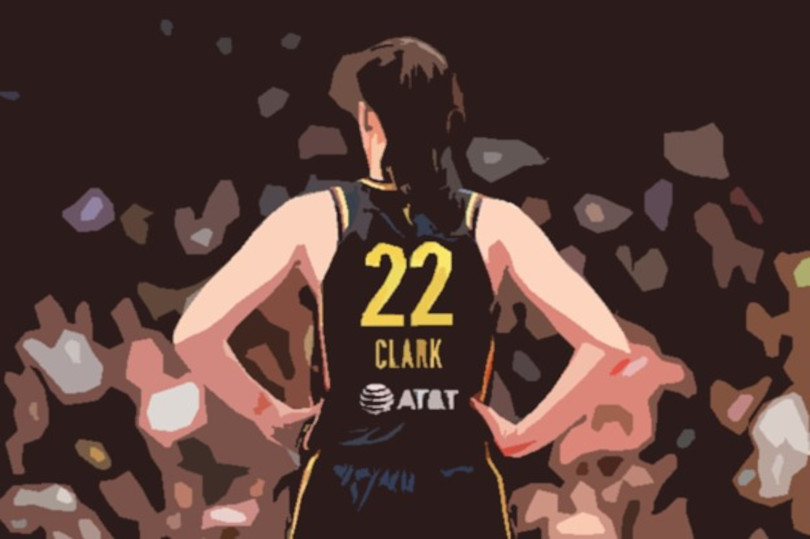In the world of sports, greatness has been known to attract hostility. The more talented an athlete is, the larger the target on their back. The potency of this phenomenon tends to grow the more anomalous an athlete’s success is, such as in cases of Black athletes excelling in historically white-dominated sports. The Williams sisters in tennis, Tiger Woods in golf, and Lewis Hamilton in auto racing all serve as notable examples.
Black people, who have grown weary of being discredited when obscure and targeted when prominent, are understandably and rightfully rather, protective of their athletes for these reasons. The near-messianic influence of Michael Jordan, for example, was largely created and maintained by Black sports fans. Tiger Woods is often cited as the most famous sportsman of the 2000s, and his Black fans were regularly inspired by how forwardly he addressed the racism he faced.
Woods’ story, being a Black superstar in a white, wealthy, exclusionary sport, resonated with Black audiences who also faced racism and undue criticism in their daily lives. Seeing themselves in him, they went to bat for him the same way previous Black generations did for Joe Louis’ boxing crusade and Jackie Robinson’s barrier-breaking. (Whether the “Cablinasian” Woods saw himself in them is another story.)
But what happens when the roles are reversed? How do Black sports fans react to white athletes excelling in Black-dominated spaces? In the seventy percent Black NBA, white legends like Larry Bird and Dirk Nowitzki are revered and active white superstars like Nikola Jokić and Luka Dončić receive widespread Black acclaim. So why is it that when a generational, constantly record-setting, movement-igniting white player joins the also seventy percent Black WNBA, all Black people can talk about is why she doesn’t deserve praise?
Prominent Black voices from race scholar Michael Eric Dyson to WNBA superstar A’ja Wilson have voiced their frustration with the rise of Caitlin Clark, the star point guard for the Indiana Fever. Clark, who compiled perhaps the greatest career, regardless of sex, in college basketball history for the Iowa Hawkeyes, was drafted first overall in the 2024 WNBA Draft. She set countless rookie records in her first season with the team and is on track to topple several more records as her career progresses.
Still, her skill is often overshadowed by her whiteness. This is often due to the characteristic Black protectiveness mentioned earlier, and this can be a good thing in some cases. The people rushing to call Clark a product of white privilege are usually pointing to the anti-Black racism of some of her supporters, which can of course never be condoned. It’s true that she has been portrayed as the pristine, lilywhite foil to Angel Reese, a Black player Clark competed against collegiately and professionally who has been unfairly caricaturized as aggressive. It’s true that some WNBA fans have jumped too eagerly to Clark’s aid in alleging that she was bullied on-court for being white instead of for being a rookie. But none of this erases the strength of Clark’s achievements on the court, which obviously transcends the color of her skin.
Though I understand their protests, I enjoin my fellow Black sports fans to simply look at the facts. Caitlin Clark is the most exciting, gifted, and impactful WNBA prospect in a very long time, if not ever. She has single handedly breathed new life into women’s basketball, a phenomenon so widely noted that it’s being called the “Caitlin Clark effect.” Black WNBA stars like A’ja Wilson and Angel Reese remain in the spotlight, as do Black stars at the college level like JuJu Watkins and Hannah Hidalgo. But the reason none of these spectacularly talented players are the face of women’s basketball isn’t because they’re Black. It’s because they aren’t Caitlin Clark. Respectfully, let this woman be great!
Featured image/original photo by Greg Fiume/Stringer/Getty Images.


